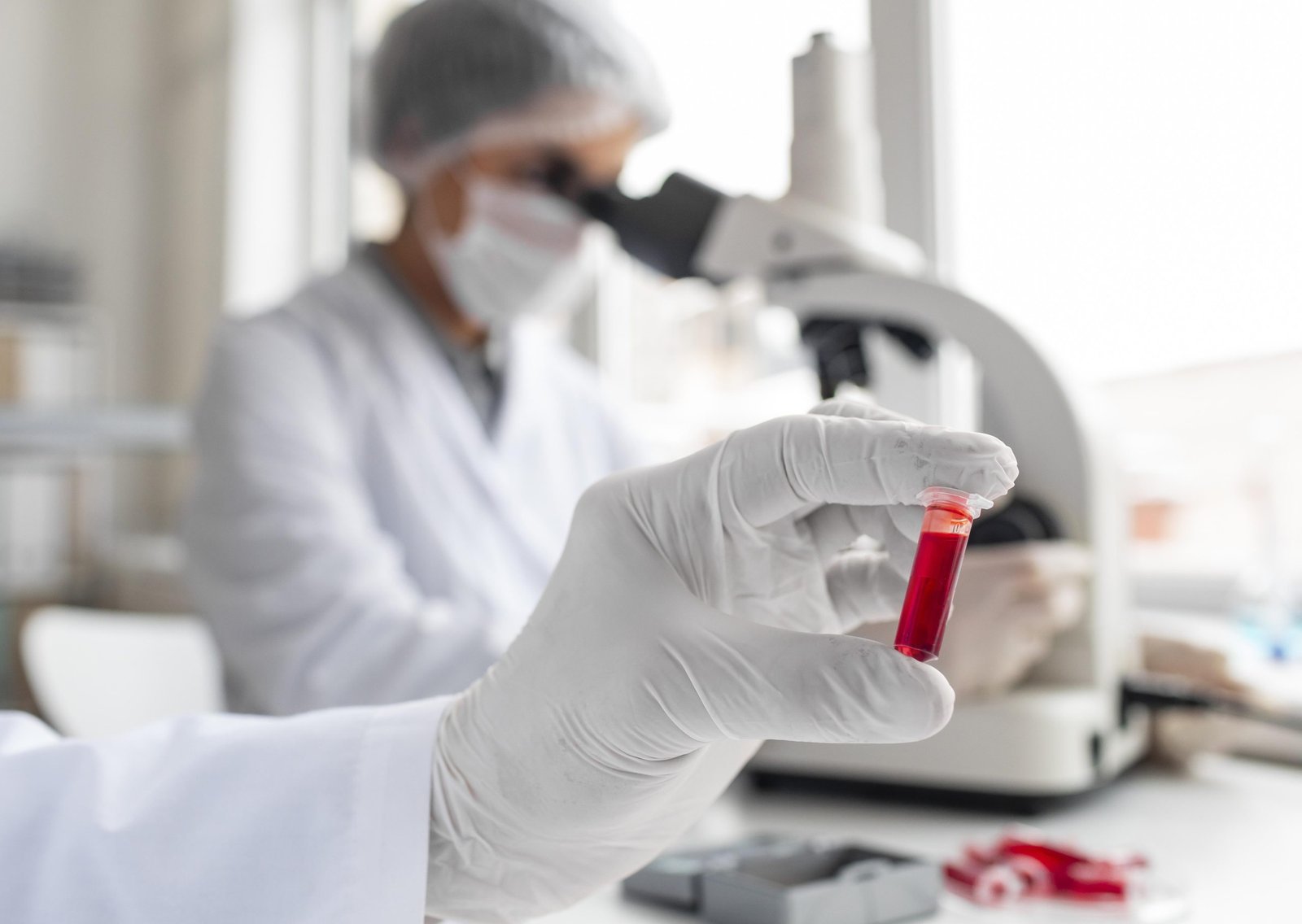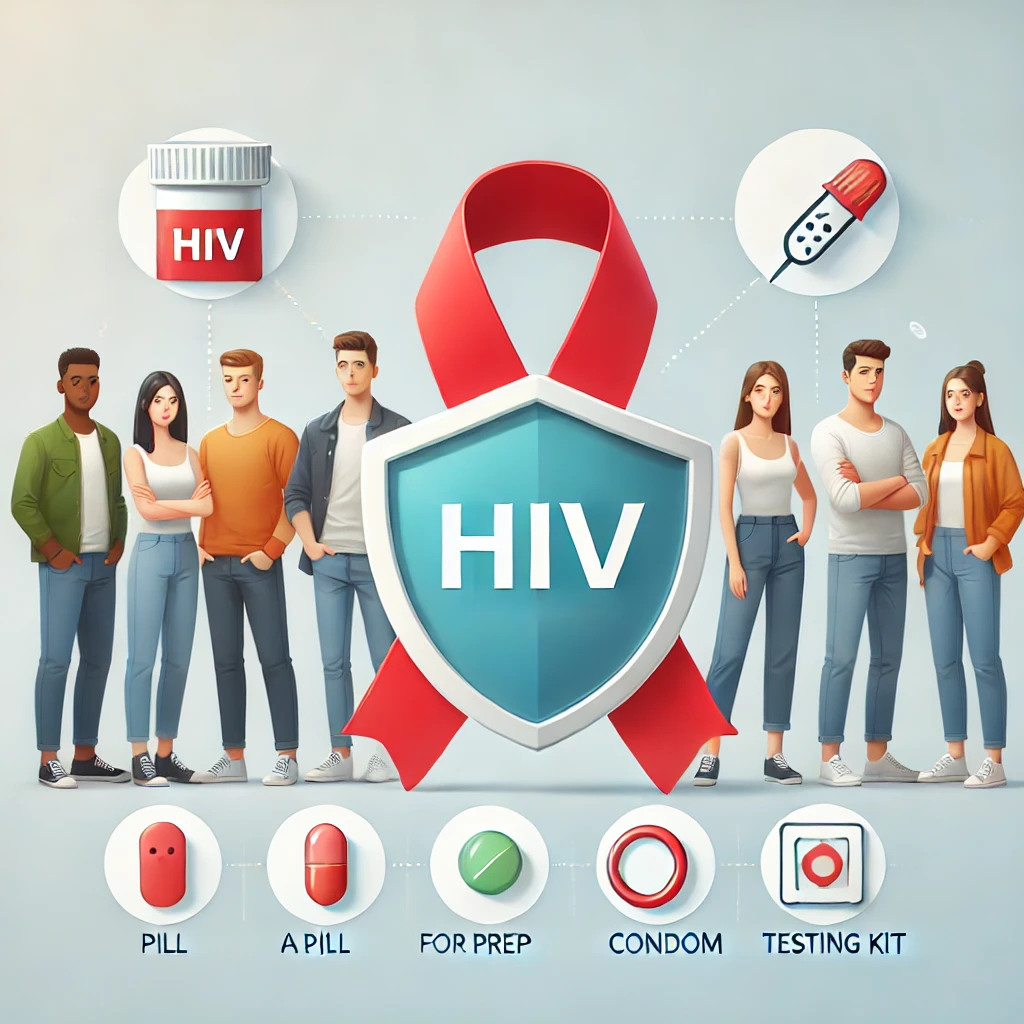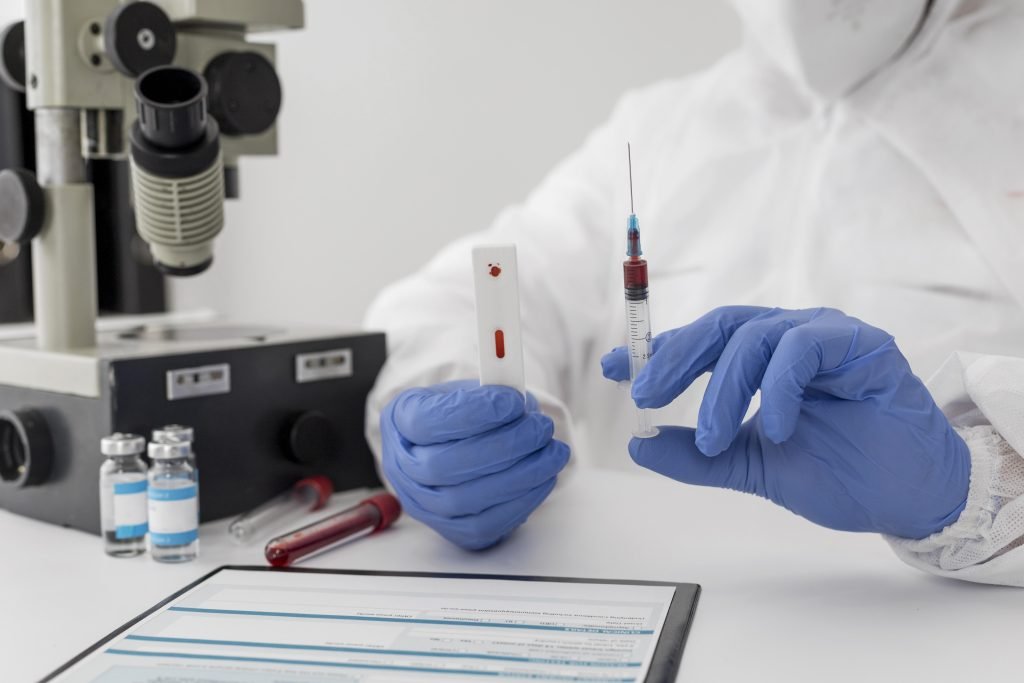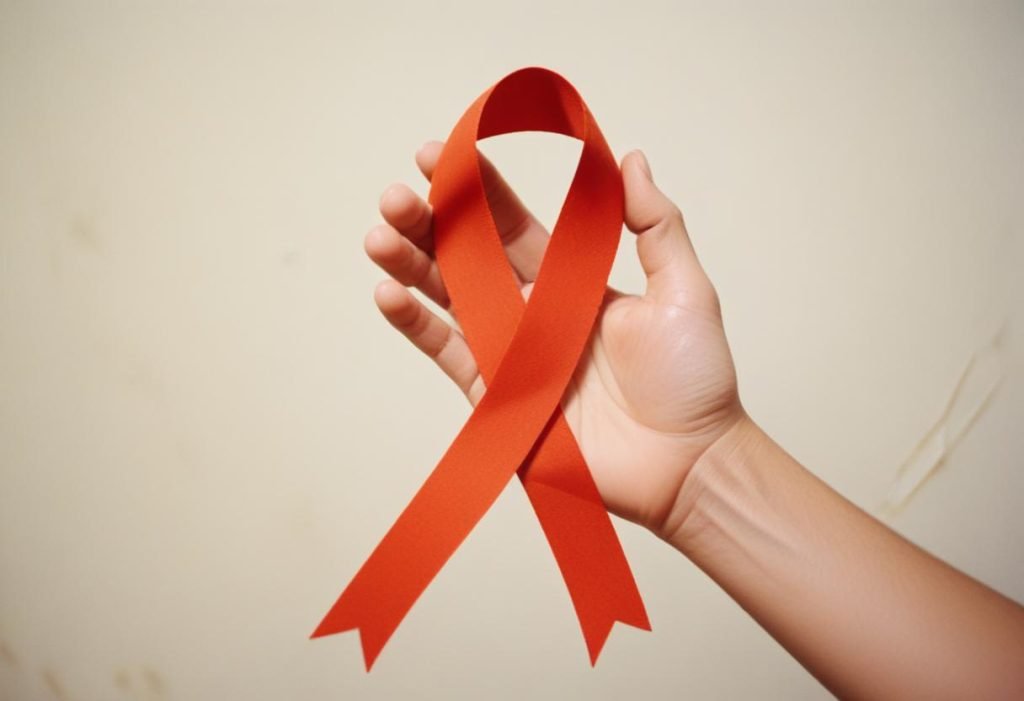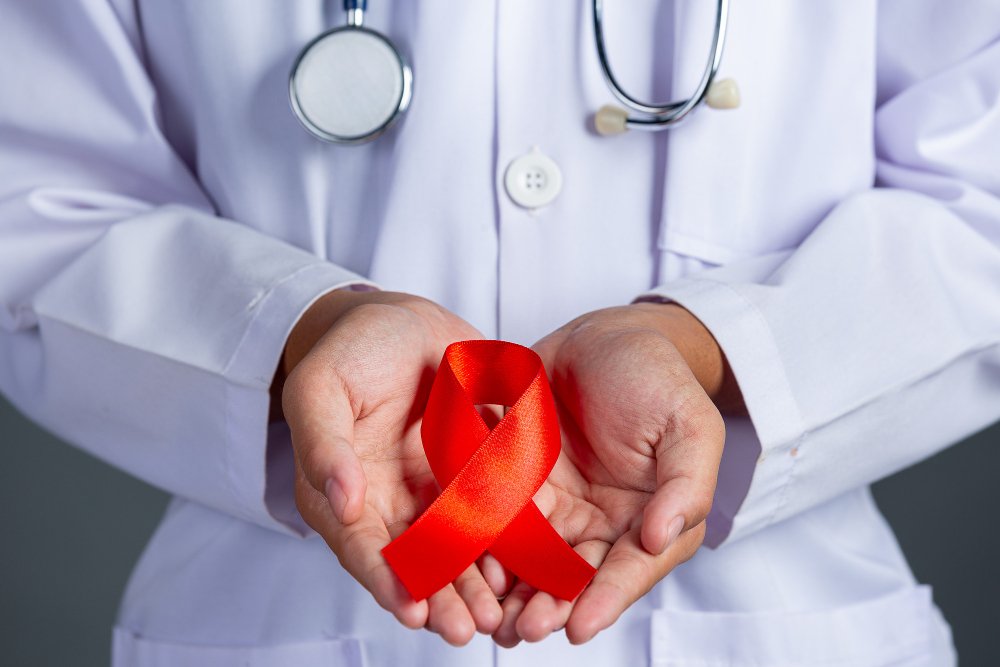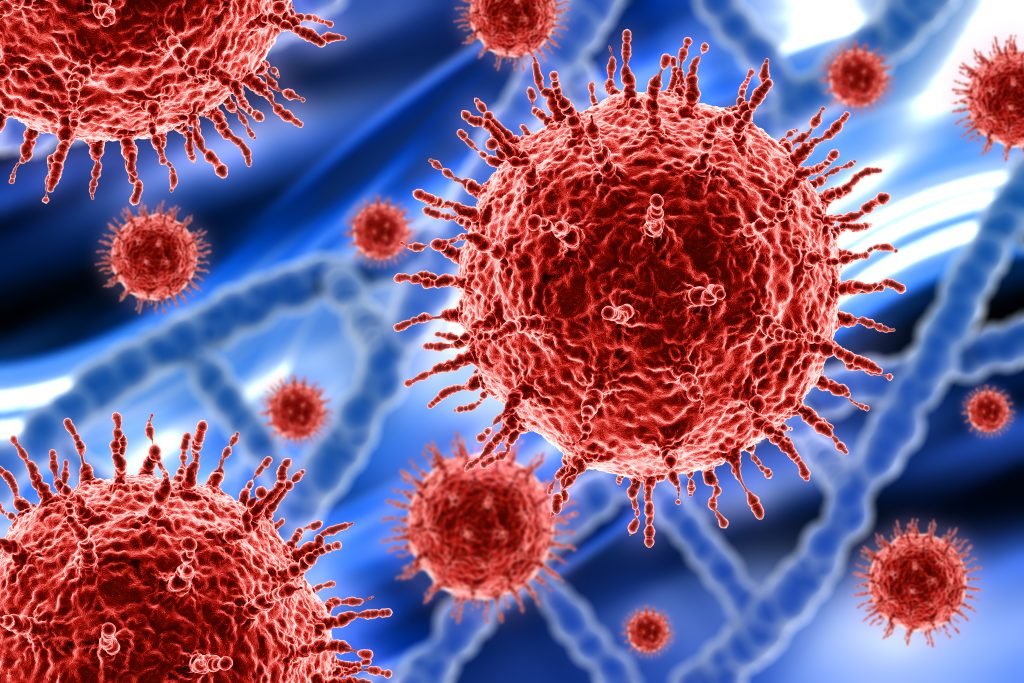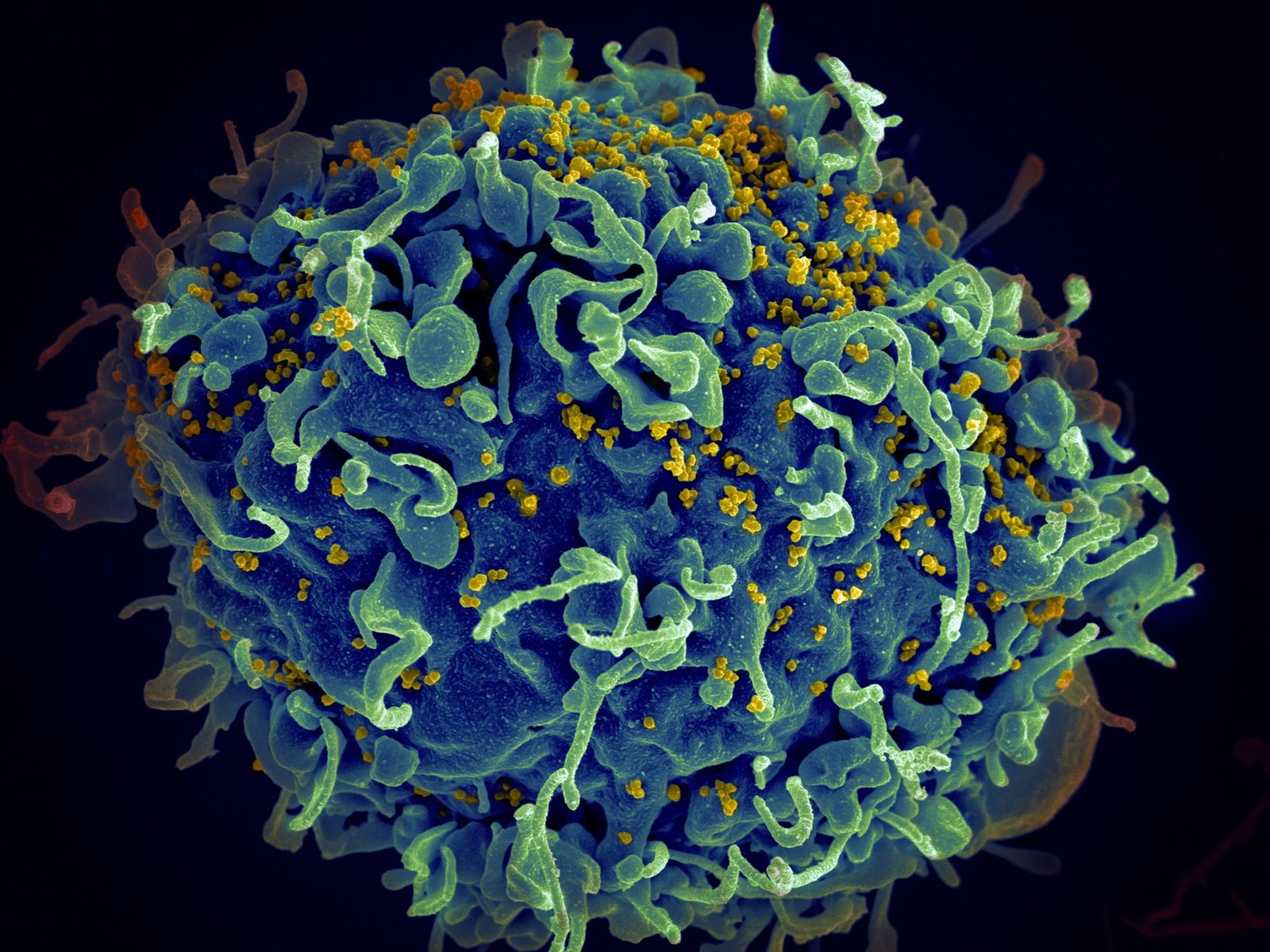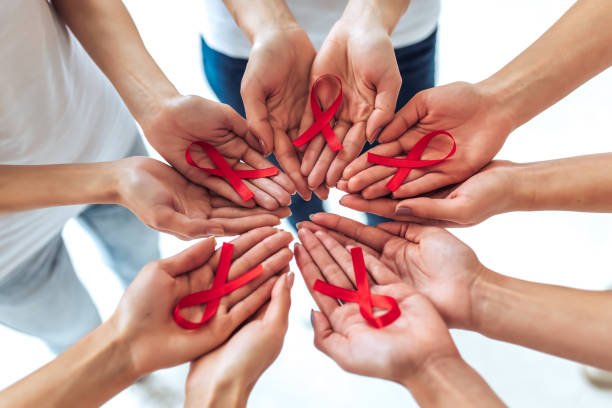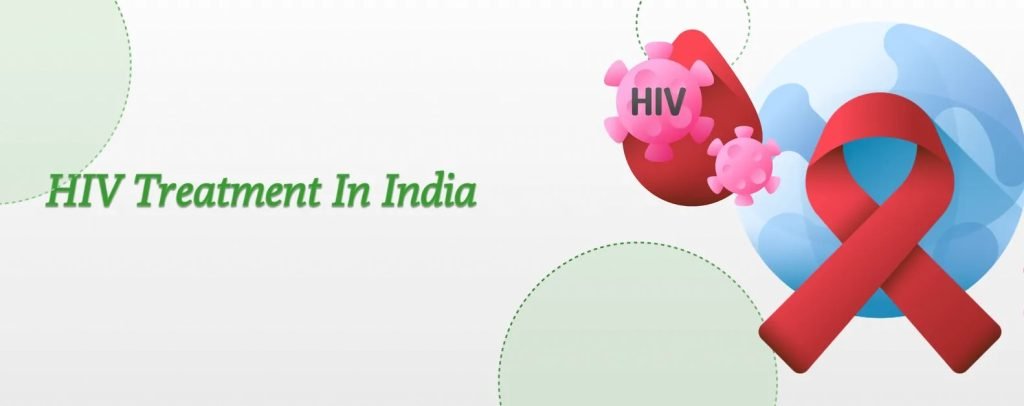Finding the best HIV treatment center is an essential step towards hope and healing for individuals living with HIV in India. With advancements in medical technology and research, India boasts several leading facilities dedicated to providing comprehensive care for those affected by this condition. In this article, we will explore some of the top HIV treatment centers in India, highlighting their unique services, experienced medical professionals, and innovative approaches to care. Whether you are seeking antiretroviral therapy, counseling, or specialized services for women and children, these centers are committed to delivering exceptional outcomes and improving the quality of life for HIV patients. By understanding the offerings and expertise of each center, individuals can make well-informed decisions and embark on a journey towards a healthier future. Join us on this exploration of the best HIV treatment centers in India, and discover the possibilities that lie ahead in the realm of HIV care.
Understanding HIV and its impact
HIV, or Human Immunodeficiency Virus, is a viral infection that weakens the immune system, making individuals more susceptible to other infections and diseases. It is primarily transmitted through unprotected sexual intercourse, sharing needles or syringes, or from mother to child during childbirth or breastfeeding. HIV affects millions of people worldwide and has a significant impact on both the physical and emotional well-being of those living with the condition.
Early diagnosis and treatment are crucial in managing HIV and preventing its progression to AIDS (Acquired Immunodeficiency Syndrome). With timely intervention, individuals can lead productive lives and reduce the risk of transmitting the virus to others. HIV treatment centers play a vital role in providing comprehensive care, including antiretroviral therapy, regular monitoring of viral load and CD4 count, and counseling services.
Importance of early diagnosis and treatment
Early diagnosis of HIV is essential for several reasons. Firstly, it allows individuals to start treatment early, which can significantly improve health outcomes and prolong life expectancy. Antiretroviral therapy (ART) is the cornerstone of HIV treatment and has been proven to suppress the virus, reduce the risk of opportunistic infections, and enhance the immune response. By initiating treatment early, individuals can maintain a higher CD4 count, which is a measure of immune function.
Secondly, early diagnosis enables individuals to take necessary precautions to prevent the transmission of the virus to others. Through education and counseling, HIV treatment centers empower patients with knowledge on safe sex practices, the importance of using barrier methods, and the risks associated with sharing needles or syringes. By practicing safer behaviors, individuals can protect their partners and prevent the further spread of HIV.
Lastly, early diagnosis and treatment can help reduce the stigma associated with HIV. By seeking care at reputable treatment centers, individuals can access nonjudgmental support and guidance from healthcare professionals who are experienced in HIV management. This can contribute to a sense of empowerment and help individuals navigate the challenges of living with HIV in a supportive environment.
Factors to consider when choosing an HIV treatment center
When choosing an HIV treatment center, several factors should be taken into consideration. Firstly, it is important to ensure that the center has experienced medical professionals who specialize in HIV care. These professionals should have a deep understanding of the latest research, treatment guidelines, and emerging therapies in the field of HIV medicine. Additionally, they should be skilled in providing comprehensive care that addresses not only the physical aspects of HIV but also the emotional and social implications of the condition.
The services and facilities offered by the treatment center are also crucial considerations. Ideally, the center should provide a wide range of services, including antiretroviral therapy, laboratory testing, counseling, and support groups. Some centers may also offer specialized services for specific populations, such as women, children, or individuals with co-occurring mental health conditions. Access to these services can greatly enhance the quality of care and improve health outcomes for individuals living with HIV.
Another important factor to consider is the center’s approach to care. A patient-centered approach that focuses on individual needs and preferences is essential in HIV treatment. This includes involving patients in treatment decisions, providing education and information, and fostering a collaborative relationship between healthcare providers and patients. Additionally, the center should have a multidisciplinary team of professionals, including doctors, nurses, counselors, and social workers, who work together to provide holistic care.
Top HIV treatment centers in India
India is home to several leading HIV treatment centers that offer exceptional care and support for individuals living with the virus. These centers have a track record of delivering positive outcomes and are known for their expertise, innovation, and patient-centric approach. Let’s explore some of the top HIV treatment centers in India:
- All India Institute of Medical Sciences (AIIMS)
AIIMS is a renowned institution that offers comprehensive HIV care services. With a team of experienced doctors and state-of-the-art facilities, AIIMS provides a wide range of services, including antiretroviral therapy, laboratory testing, and counseling. The center also conducts research and clinical trials to advance the field of HIV medicine and improve treatment outcomes.
AIIMS is known for its multidisciplinary approach to care, with a team of experts from various specialties collaborating to provide holistic support. The center also offers specialized services for women and children, ensuring that their unique needs are met. Additionally, AIIMS focuses on community outreach and education, aiming to raise awareness about HIV prevention and treatment.
- National Institute of Immunology (NII)
NII is a premier research institution that focuses on understanding the immune system and developing innovative therapies for various diseases, including HIV. The center has made significant contributions to HIV research and has a team of scientists and clinicians dedicated to finding new treatment strategies.
NII offers a comprehensive range of services, including antiretroviral therapy, immune monitoring, and vaccine development. The center’s cutting-edge research and clinical trials provide patients with access to the latest advancements in HIV treatment. NII also collaborates with other institutions and organizations to promote knowledge sharing and enhance patient care.
- NAVAL AIDS RESEARCH CENTRE
NAVAL AIDS RESEARCH CENTRE is a leading HIV treatment and research center in Namakkal, Tamil Naud. With a focus on providing comprehensive care and support, NAVAL AIDS RESEARCH CENTRE offers a wide range of services, including antiretroviral therapy, counseling, and support groups. The center also conducts research to improve treatment outcomes and develop innovative approaches to HIV care.
NAVAL AIDS RESEARCH CENTRE is known for its holistic approach, which includes addressing the social and economic factors that impact HIV patients. The center provides vocational training, income-generation programs, and support for education, empowering individuals to lead productive lives. NAVAL AIDS RESEARCH CENTRE’s commitment to patient-centered care and research has earned it recognition as one of the top HIV treatment centers in India.
Services and facilities offered by leading HIV treatment centers
Leading HIV treatment centers in India offer a comprehensive range of services and facilities to support individuals living with HIV. These services are designed to address the unique needs of each patient and provide holistic care that goes beyond the medical aspects of HIV. Some of the common services and facilities offered by these centers include:
- Antiretroviral therapy (ART): ART is the standard treatment for HIV and involves a combination of medications that suppress the virus, reduce its replication, and improve immune function. Leading treatment centers provide access to a wide range of antiretroviral drugs and closely monitor patients’ response to therapy.
- Laboratory testing: Regular laboratory testing is essential in monitoring the progression of HIV and assessing treatment efficacy. Treatment centers offer a range of tests, including viral load testing, CD4 count, and other immune function markers.
- Counseling and support: HIV can have a significant emotional and psychological impact on individuals. Treatment centers provide counseling services to help patients cope with the challenges of living with HIV, manage stress, and address mental health concerns. Support groups and peer counseling are also available to provide a sense of community and connection.
- Specialized services: Some treatment centers offer specialized services for specific populations, such as women and children. These services may include prenatal care, prevention of mother-to-child transmission, and support for families affected by HIV.
- Research and clinical trials: Many leading treatment centers actively participate in research and clinical trials to advance the field of HIV medicine. This provides patients with access to cutting-edge treatments and the opportunity to contribute to scientific advancements.
Success rates and testimonials from patients
The success rates of HIV treatment centers can vary depending on several factors, including the stage of HIV, adherence to treatment, and individual health status. However, leading treatment centers in India have consistently demonstrated positive outcomes and improved quality of life for HIV patients.
Testimonials from patients can provide valuable insights into the experiences and outcomes of treatment. Many individuals have reported significant improvements in their health, increased CD4 counts, and suppression of the virus after receiving care at these centers. Patients have also praised the compassionate and nonjudgmental approach of healthcare professionals, as well as the supportive environment provided by the centers.
It is important to note that individual experiences may vary, and it is recommended to consult with healthcare professionals and gather information from multiple sources before making a decision about treatment.
Cost of treatment and insurance coverage
The cost of HIV treatment can vary depending on the center, the specific services required, and the individual’s insurance coverage. While some treatment centers offer subsidized or free services for individuals who cannot afford the cost of care, others may have fees associated with certain services.
Insurance coverage for HIV treatment also varies depending on the insurance provider and policy. Some insurance plans may cover the cost of antiretroviral therapy, laboratory testing, and counseling, while others may have limitations or require prior authorization. It is advisable to check with the treatment center and insurance provider to understand the coverage options and financial implications of treatment.
Support services available for HIV patients and their families
Living with HIV can be challenging, and support services play a crucial role in providing individuals and their families with the necessary assistance and guidance. Leading treatment centers often have dedicated support services that cater to the unique needs of HIV patients. These services may include:
- Psychosocial support: Counseling services, support groups, and peer counseling can help individuals cope with the emotional and psychological challenges of living with HIV.
- Nutritional support: Proper nutrition is essential for maintaining overall health and managing HIV. Treatment centers may provide nutritional counseling and support to help individuals make healthy dietary choices.
- Legal and advocacy services: Some centers offer legal assistance and advocacy services to help individuals understand their rights, navigate legal issues, and access social welfare programs.
- Community outreach and education: Treatment centers often engage in community outreach activities to raise awareness about HIV prevention, treatment, and stigma reduction. These activities may include educational workshops, awareness campaigns, and support for community-based organizations.
Alternative treatment options and complementary therapies
In addition to conventional medical treatment, some individuals may be interested in exploring alternative treatment options and complementary therapies for managing HIV. It is important to approach these options with caution and consult with healthcare professionals to ensure their safety and effectiveness.
Some alternative treatment options that have been explored in the context of HIV management include herbal remedies, acupuncture, and Ayurveda. While these approaches may have potential benefits, more research is needed to establish their efficacy and safety in the context of HIV care.
Complementary therapies such as yoga, meditation, and mindfulness-based practices can also be beneficial in managing the emotional and psychological aspects of living with HIV. These practices have been shown to reduce stress, improve mental well-being, and enhance overall quality of life.

